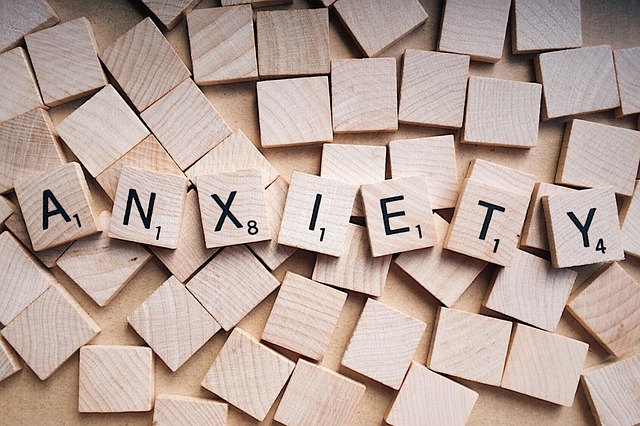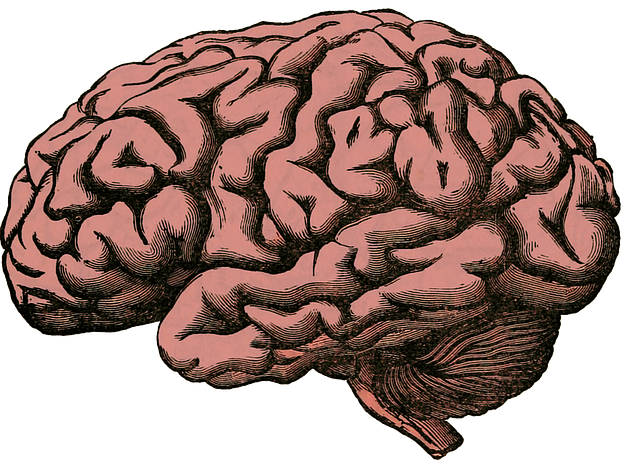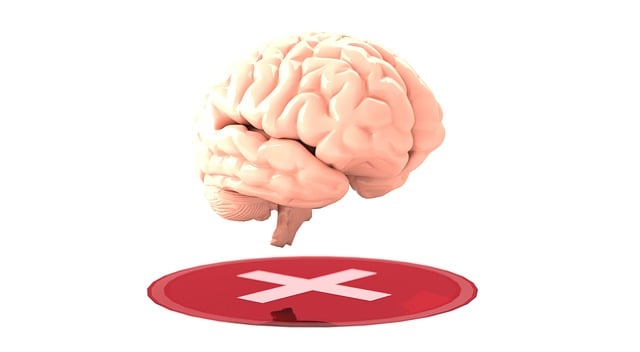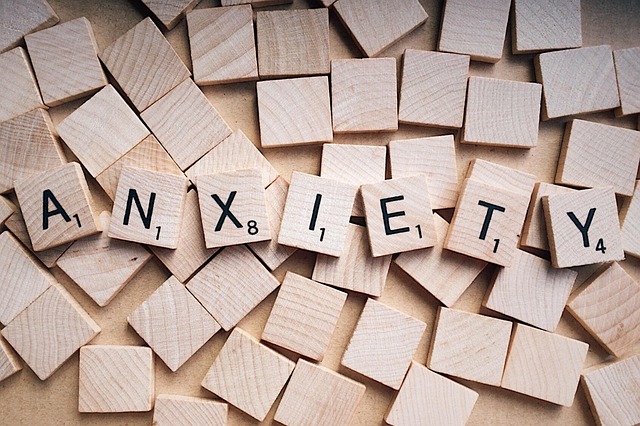TL;DR:
Therapy for adults with gender identity issues emphasizes coping skills development, cultural sensitivity, and building resilience. Effective strategies include mindfulness meditation, creative outlets, community engagement, crisis intervention, and self-care practices. Tailored therapy environments, mental health policy advocacy, and specialized resources empower individuals to manage challenges, express emotions, and embrace their authentic selves while fostering well-being.
Coping skills development is an essential aspect of therapy, empowering individuals to navigate life’s challenges effectively. This article explores the significance of coping mechanisms in therapeutic contexts, especially for adults with diverse gender identities. We delve into unique coping strategies tailored to gender-specific experiences and provide a comprehensive guide to enhancing resilience through various therapeutic approaches. Discover practical tips to integrate these skills into daily routines, fostering adaptability and emotional well-being. Explore effective therapy for adults with gender identity issues, focusing on building robust coping mechanisms for a fulfilling life.
- Understanding Coping Skills and Their Significance in Therapy
- Gender Identity and Unique Coping Strategies for Adults
- Therapeutic Approaches to Enhance Coping Skills Development
- Building Resilience: Practical Tips for Daily Application
Understanding Coping Skills and Their Significance in Therapy

Coping skills are essential tools in therapy, especially when addressing complex issues like gender identity. In the context of therapy for adults exploring their gender identity, understanding and developing effective coping mechanisms can significantly enhance the therapeutic process. These skills provide individuals with healthy ways to navigate challenges, manage emotions, and adapt during times of transition or crisis. For instance, crisis intervention guidance often incorporates coping strategies to help clients feel more empowered and resilient.
Cultural sensitivity in mental healthcare practice is also crucial when teaching coping skills. Therapists must consider the unique experiences and perspectives of their clients, ensuring that the strategies offered are culturally relevant and adaptable. Mindfulness meditation, for example, can be a powerful tool for self-reflection and emotional regulation, but it should be taught with an awareness of different cultural backgrounds and beliefs to ensure its effectiveness and acceptability.
Gender Identity and Unique Coping Strategies for Adults

Understanding one’s gender identity is a profound aspect of self-discovery that can significantly influence coping strategies. For adults navigating therapy related to their Gender Identity, recognizing and embracing unique personal expressions becomes a powerful tool for resilience. This journey often involves exploring individualistic ways to cope with challenges, especially when dealing with societal norms and expectations.
Therapy for Adults with Gender Identity issues provides a safe space to develop personalized coping mechanisms tailored to their needs. These strategies can range from creative outlets like art or writing, to engaging in community outreach programs that foster connections and support networks. By implementing crisis intervention guidance, individuals can learn to navigate stress and difficult emotions effectively, preventing burnout and promoting overall well-being.
Therapeutic Approaches to Enhance Coping Skills Development

The development of coping skills is a vital aspect of mental health management, especially for individuals navigating complex issues like gender identity. Therapy for adults with diverse gender identities can play a transformative role in enhancing their ability to cope with life’s challenges. One effective therapeutic approach is incorporating empathy-building strategies, which foster deeper understanding and connection between clients and therapists. By creating a safe space where emotions can be openly expressed and validated, therapists can help individuals develop adaptive coping mechanisms tailored to their unique experiences.
Additionally, mental health policy analysis and advocacy are essential components of supporting coping skills development in this demographic. Addressing systemic barriers and promoting Mental Illness Stigma Reduction Efforts can create a more inclusive environment, encouraging open dialogue about gender identity issues. Through such initiatives, individuals can gain access to specialized resources and support networks, ultimately strengthening their resilience and coping capabilities.
Building Resilience: Practical Tips for Daily Application

Building resilience is a crucial aspect of coping skill development, enabling individuals to navigate life’s challenges with greater ease. It involves cultivating a mindset that equips one to bounce back from adversity and grow stronger. For adults exploring their gender identity, this process can be transformative. Engaging in regular self-reflection and practicing self-care are fundamental steps. This includes setting aside dedicated time for activities that promote relaxation and emotional well-being, such as meditation, journaling, or spending time in nature.
Seeking support from a healthcare provider with cultural competency training can significantly enhance this journey. Therapists specializing in gender identity issues offer valuable guidance tailored to individual needs. Additionally, Mental Health Policy Analysis and Advocacy plays a vital role in creating inclusive systems that support diverse identities. Building confidence through skill-building exercises and setting realistic goals further empowers individuals to embrace their authentic selves, fostering resilience along the way.
Coping skills development is a vital aspect of therapy, especially when considering the unique challenges faced by adults with diverse gender identities. By understanding and implementing effective coping strategies, individuals can enhance their resilience and overall well-being. Therapeutic approaches that cater to personal needs and encourage proactive engagement are key to fostering growth. Building resilience through practical daily tips not only empowers individuals but also enables them to navigate life’s complexities with greater ease and adaptability, thereby improving mental health outcomes for adults across the gender spectrum.










